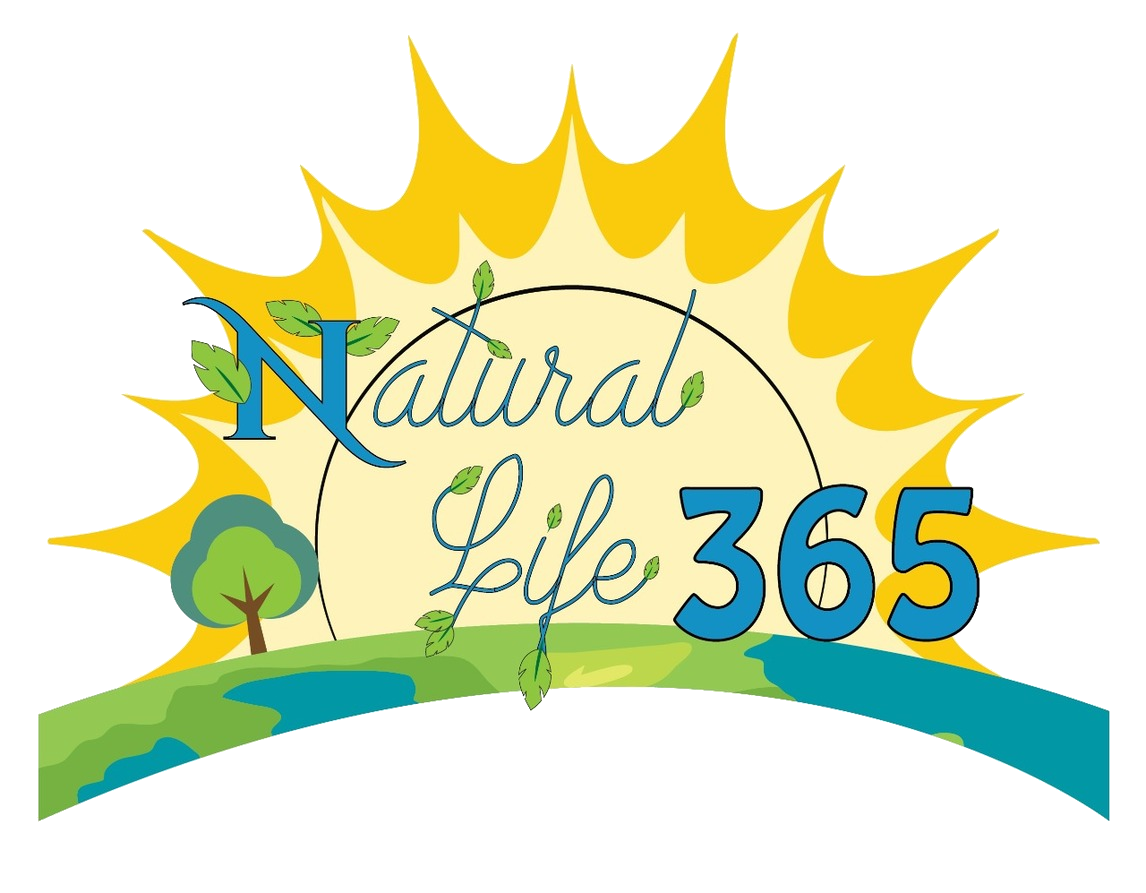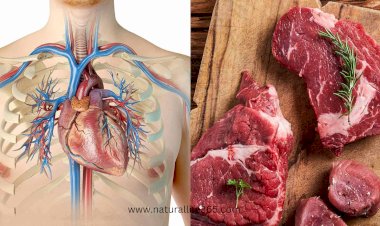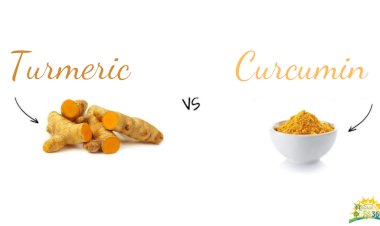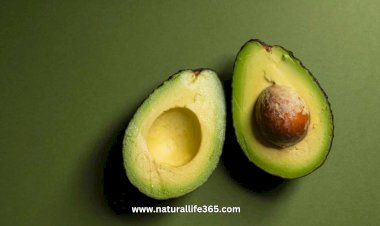Coffee and Diabetes: How Are They Associated?
The consumption of 3 or 4 cups of coffee a day helps at least 25% to reduce the risk of developing type 2 diabetes.

I was always a coffee lover and although I never suffered from diabetes, I loved it even more after coming across a medical study that indicates that drinking 3 to 4 cups of coffee per day helps reduce the risk of developing diabetes by up to 25%. type 2. Yes, this was demonstrated by Finnish Dr. Jaakko Tuomilehto, considered the world's leading authority on diabetes prevention, who explains the benefits of coffee when it comes to reducing the risks of having this disease.
Surely you have come across people who say drinking coffee is bad and many others who say it is good. However, I preferred to do my research, read, and inform myself to draw my own conclusions. The fact is that diabetes is a disease that is generated by problems when metabolizing the sugar we consume. According to Dr. Tuomilehto, it is estimated that by 2030, there will be at least 552 million people in the world with type 2 diabetes.
However, if you are a person like me who likes to prevent, then I will tell you what medicine says about coffee and diabetes.
What is Diabetes and What Produces It?
Let's start from the beginning and let's explain what diabetes is.
The body has many mechanisms to control high levels of sugar, the most important is insulin. When we eat, the pancreas releases insulin so that glucose levels are maintained and if this does not work well, then diabetes develops.
Most of the blood sugar is controlled by the muscles that need it to produce energy. But when there is diabetes, there is a problem and the sugar does not go to the muscles. There are different ways to develop diabetes and, usually, when the disease is present there are other diseases too.
There are two forms of diabetes. In Type 1, the pancreas does not produce insulin at all and therefore patients need injections. Most people have type 2, where insulin is produced but not enough.
You can also read Black Garlic: The Secret Superfood You Need To Try Today
Is there a Genetic Predisposition to Develop Diabetes?
Yes, to develop it you must have some genes that make it possible. For type 1, we know what they are but for type 2, no. 70% of people have the genes that make it possible to develop diabetes, but genes are not the disease. It works in conjunction with lifestyle: if you have the right gene and an unhealthy lifestyle, you eat poorly and you are not physically active, it is more likely that the disease will appear.
How Can We Prevent Diabetes?
Be physically active, eat and drink healthily, and sleep well. It's easy to say but not to do it. Also, you have to eat fiber, cereals, fruits, and the right kind of fat, not animal but vegetables like cocoa and fish fat. Now, many people may have trouble controlling what they eat but drinking the best coffee, which has antioxidants, can counteract the situation a bit.
Why Can Coffee Help Prevent Diabetes?
Coffee has more than 2 thousand chemicals identified, and it is challenging to know exactly which one helps us or if it is a combination, but many elements in coffee serve to control the level of blood sugar. Likewise, coffee has polyphenols and antioxidants that have healthy effects on the body, as well as chlorogenic acid which is probably the most important.
Coffee also affects the liver, which also stores sugar. When we are sleeping, it produces sugar and coffee helps this organ to process it. And, a third thing. Coffee also prevents all sugar from being absorbed from the solid foods that are consumed.
So... Does caffeine affect the level of glucose in the blood?
Some studies suggest that drinking coffee, either with or without caffeine, can reduce the risk of developing type 2 diabetes.
Caffeine, and therefore coffee, was previously believed to affect insulin sensitivity. This has been disproved in a recent study in which it was shown that coffee consumption did not cause changes in insulin sensitivity.
Of course, adding sugar to coffee will affect our glucose, in the same way, that if we add other elements such as milk or derivatives it will also affect us.
Other Coffee Benefits
- The psychoactive effects of caffeine favor memory and improve concentration and other cognitive functions.
- Related to the above, studies show that it helps fight Parkinson's.
- Coffee has antioxidant, anti-inflammatory, antitumor, and antibacterial properties.
- Studies link drinking coffee with a lower likelihood of cardiovascular disease, some types of cancer, and even multiple sclerosis.
We must bear in mind that each person can tolerate caffeine to a greater or lesser degree, but an excess of it can lead to negative effects such as insomnia, nervousness, or gastrointestinal problems.
Coffee Properties
Like any other infusion, a cup of coffee is made up mostly of water, and the components that make up the coffee and that we use to infuse hardly contribute to calories. The extra calories that coffee can have come from everything that can be added: sugar, milk, condensed milk, etc.
In coffee, we find a significant amount of potassium, and in less quantity, we also find calcium, magnesium, phosphorus, and selenium. Also vitamins like B2 and B5. Finally, highlight the presence of antioxidants such as polyphenols, which help fight free radicals found in our bodies.
How Many Cups of Coffee Per Day are Recommended?
The main results of the research include that drinking 3 to 4 cups of coffee a day is associated with an approximate 25 % lower risk of developing type 2 diabetes compared to no coffee or less than two cups a day.
In addition, the type of coffee may also be related: filtered coffee has a greater protective effect than boiled coffee, and decaffeinated coffee is more protective than caffeinated coffee.
Please, keep in mind that coffee does not have the same effect on all people equally, the most advisable thing is to consult with our medical professional or diabetes specialist to adjust the diet to our needs. And if you're blessed like me and don't have diabetes, let's enjoy a delicious cup of coffee to prevent it.
You can also read Understanding The FDA Label
If you value these free online resources provided by Natural Life 365, please consider supporting my website by sharing the blogs![]()
DISCLAIMER:
Some of the links in this content may be affiliate links. This means that if you click on one of the links and make a purchase, I may receive a commission (at no extra charge to you). However, I only recommend products that I personally use and have tested myself. Also, understand that I have taken reasonable steps to ensure that the information on this content is accurate, but I cannot represent that the website(s) mentioned in this post are free from errors. Please, check the Affiliate Disclosure at the bottom of this website.









































